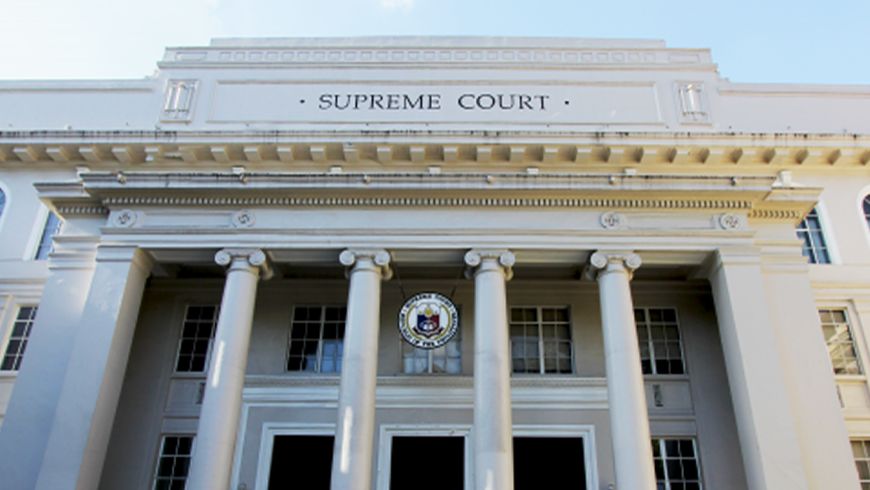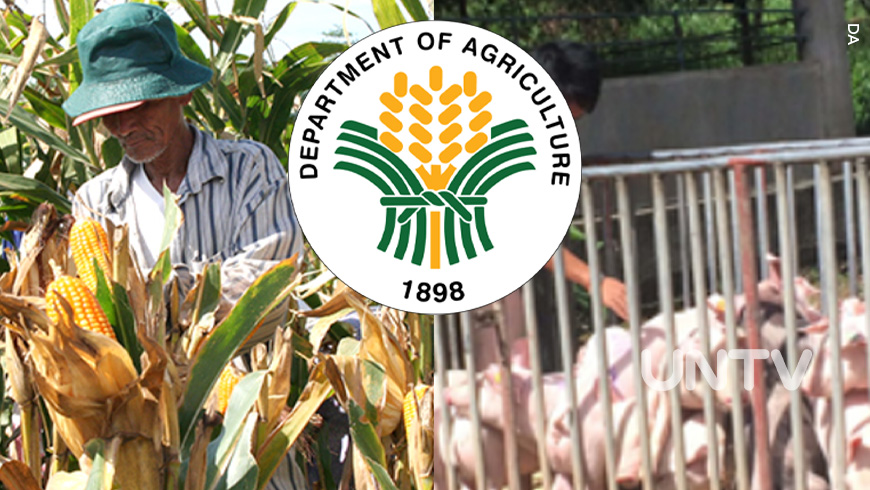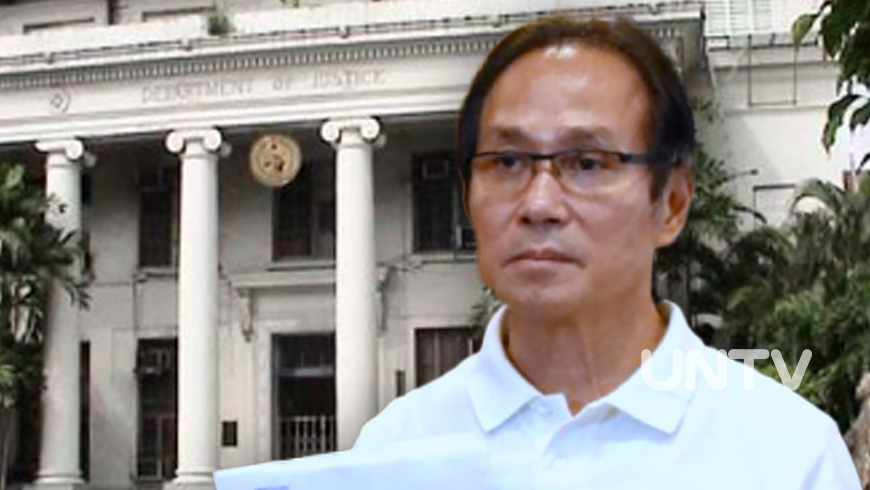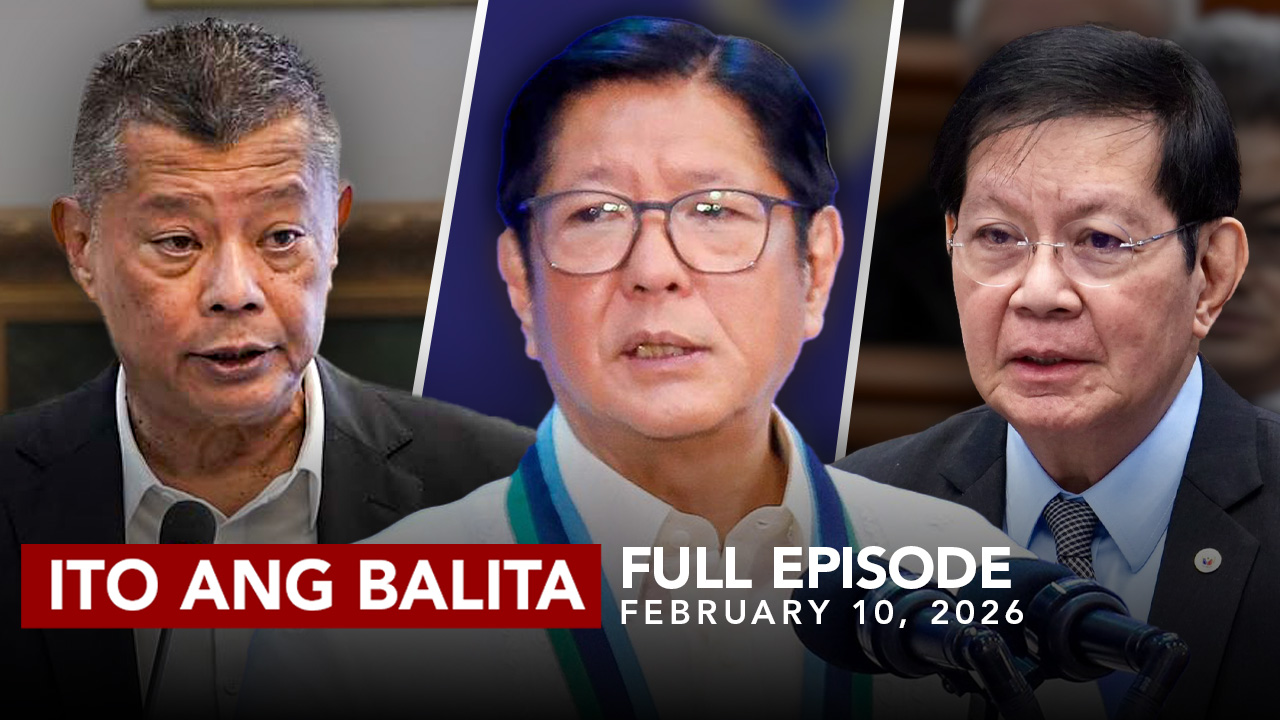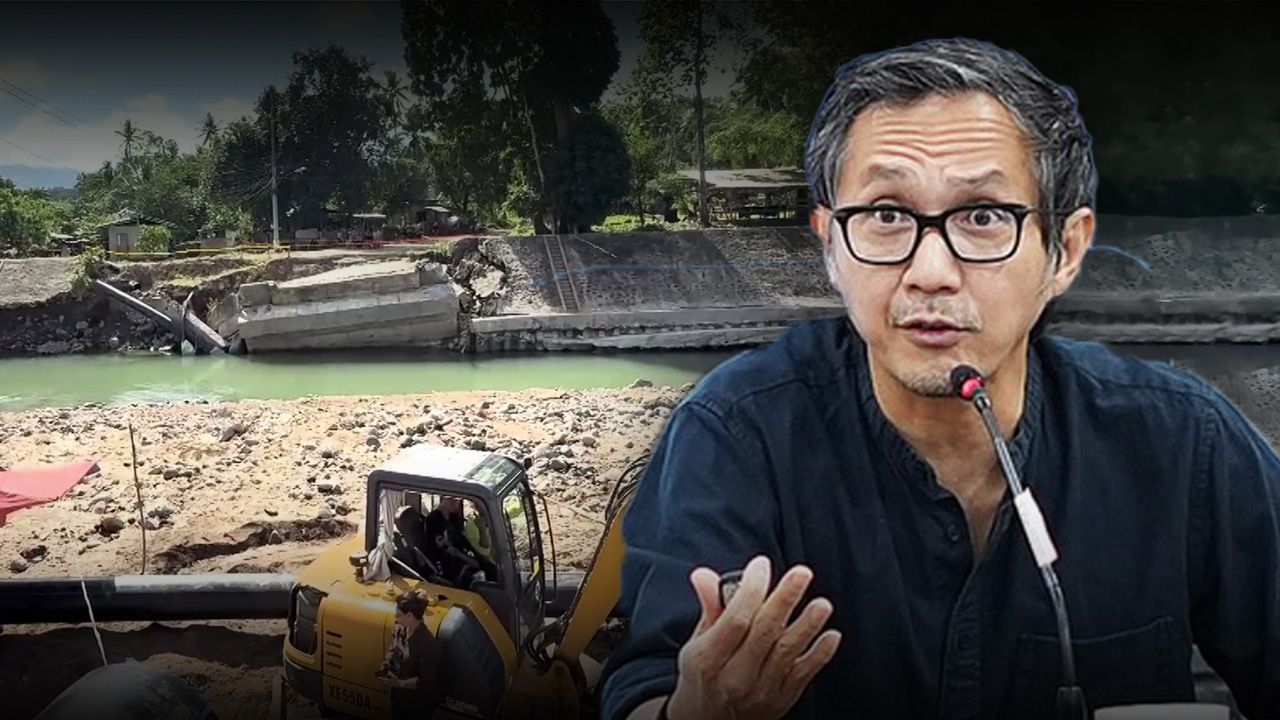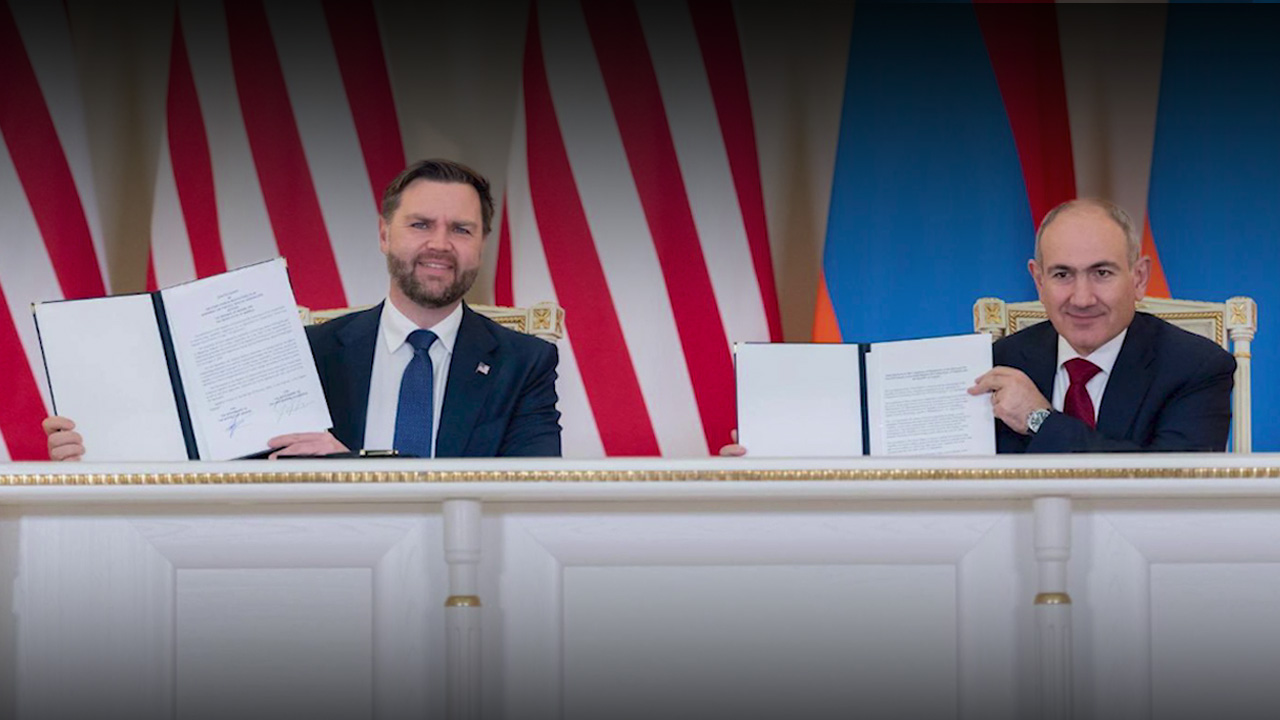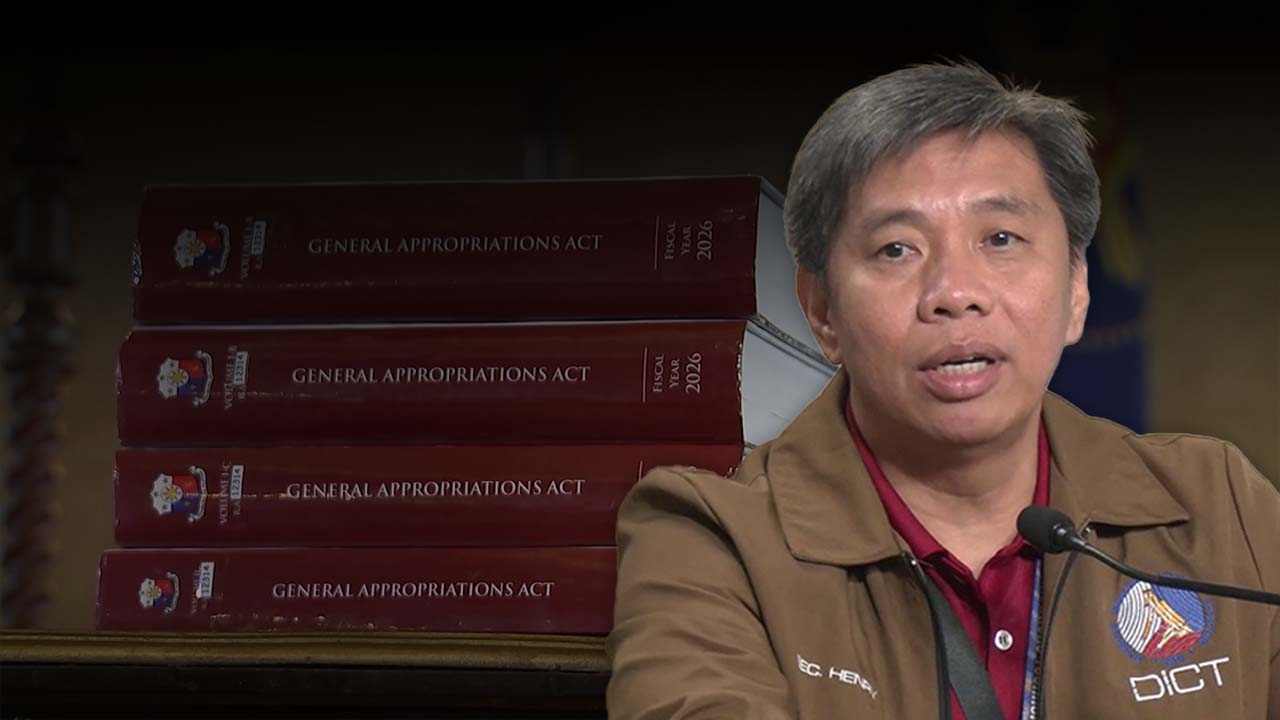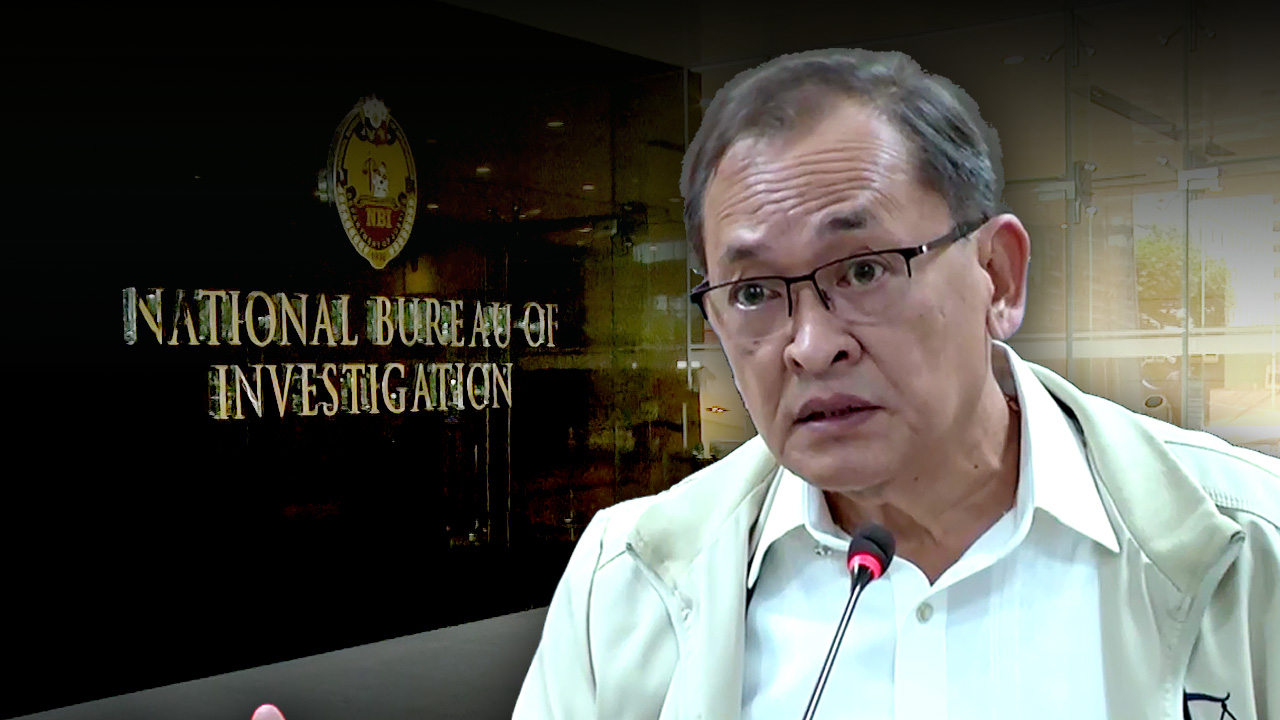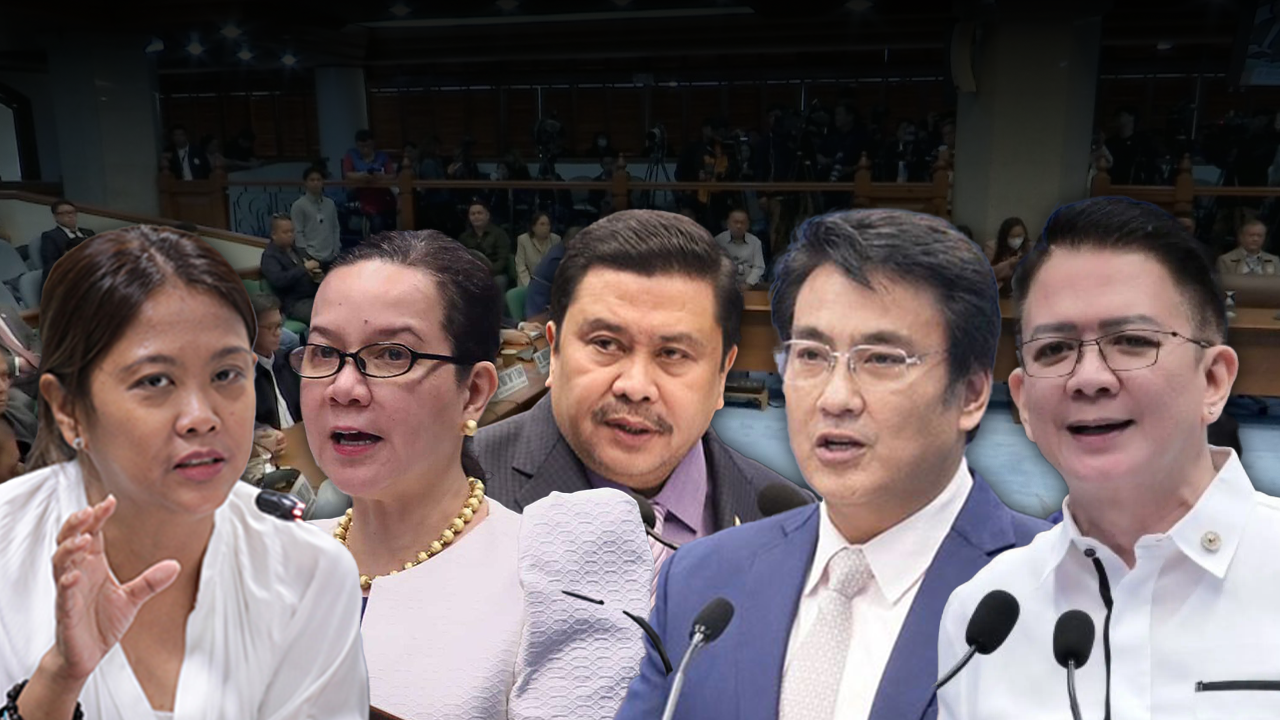The Supreme Court of the Philippines turned down the challenge to Republic Act No. 12232, the law that now mandates a four-year term for all barangay and Sangguniang Kabataan (SK) officials. This definitive ruling immediately locks in the term extension, giving thousands of local leaders an extra year in office and settling the intense legal debate over their tenure.
The High Court rejected the petition, claiming the law was an illegal election postponement. Instead, the SC made a critical distinction: RA 12232 is fundamentally a “term-setting law.” Its main goal is to simply define the new, longer term limit. The court argued that the resulting election date change is merely "incidental," or a natural consequence, not the law's primary objective.
This legal maneuver is crucial. By classifying the act as term-setting, the SC declared that the specific, strict Macalintal guidelines—rules that Congress must follow when postponing elections—do not apply. This effectively shields the law from the constitutional challenge and validates the legislative power of Congress to restructure local government terms.
The legal battle is over, and the schedule is final: the next Barangay and SK elections will take place on the first Monday of November 2026, and every four years thereafter. The SC's decision gives officials stability, allowing them a full four years to execute their mandate without fear of an immediate legal reversal.



%201.svg)











